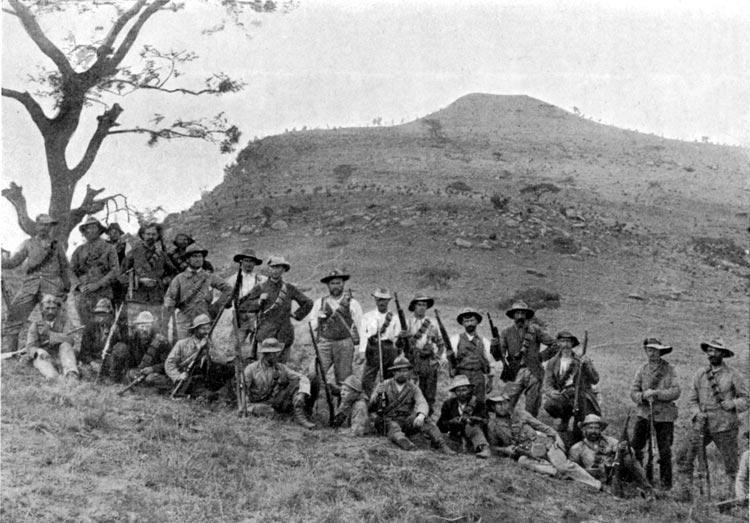The Anglo-Boer / South African War

Imagen: Boers at Spion Kop ca.1900, Project Gutenberg, Wikimedia Commons.
Instructions:Read the text. Look at the words in bold.
If I had read more about the Second Boer War, I would have known more about it.
The Second Boer War (11 October 1899 – 31 May 1902) was fought between the British Empire and two Boer states, the South African Republic (Republic of Transvaal) and the Orange Free State, over the Empire’s influence in South Africa. It is also known variously as the Boer War, Anglo-Boer War, South African War or Anglo-Boer South African War. Initial Boer attacks were successful and though British reinforments later reversed these, the war continued for years with Boer guerrilla warfare, until harsh British counter-measures brought them to terms.
Second Boer War Retrieved July, 2017 from https://en.wikipedia.org/wiki/Second_Boer_War

